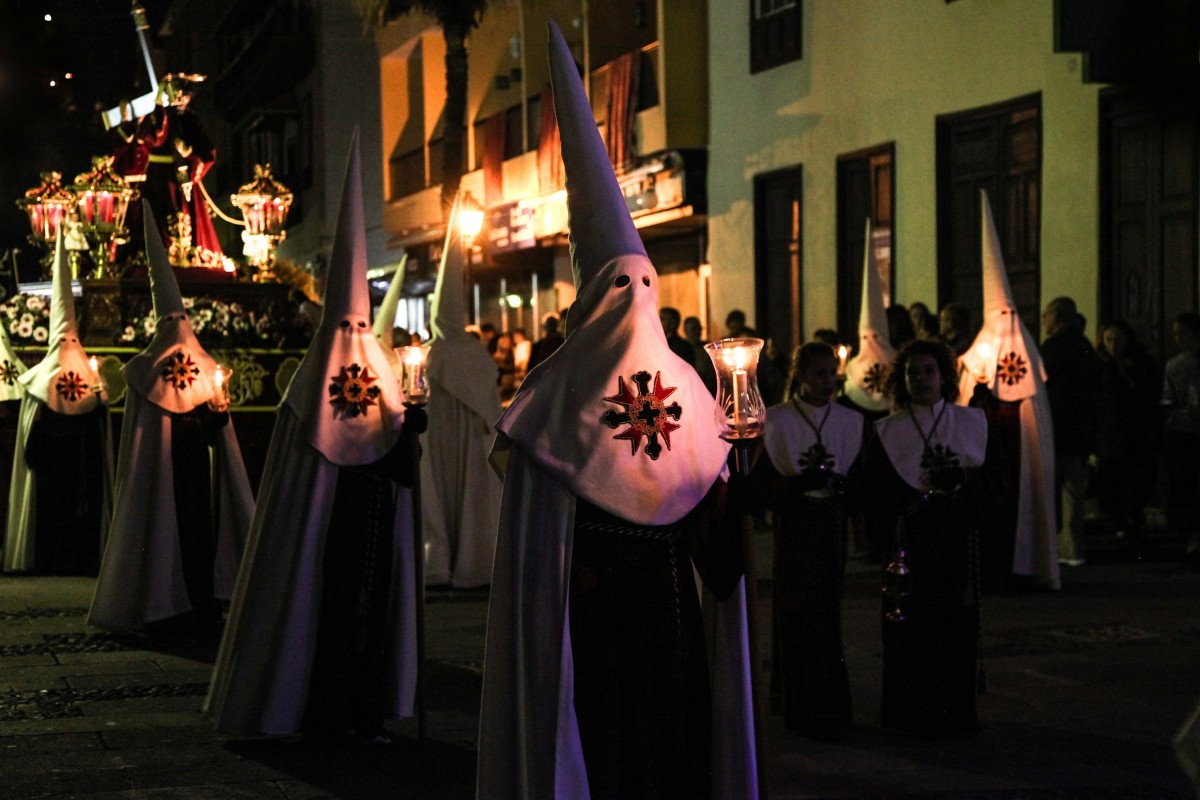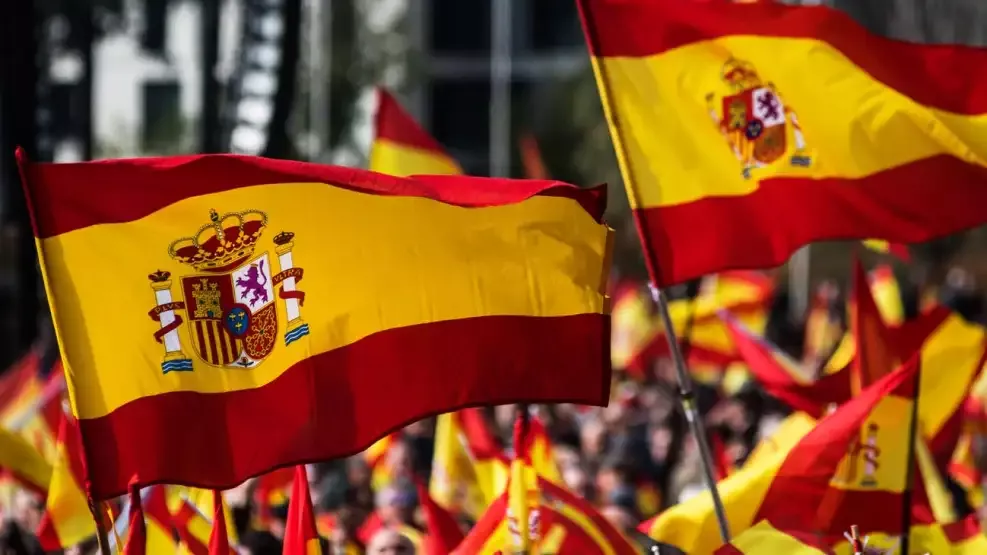
Spain’s holidays in 2026 give you plenty of chances to organise your calendar, plan trips and enjoy long weekends. Whether you’re coordinating work schedules, booking flights, or simply want to keep on top of important dates, this guide outlines all the official public holidays across Spain this year.
- How many public holidays are there in Spain in 2026?
- National holidays in Spain 2026
- Thursday 1st January 2026 – New Year’s Day
- Tuesday 6th January 2026 – Epiphany
- Friday 3rd April 2026 – Good Friday
- Friday 1st May 2026 – Labour Day
- Saturday 15th August 2026 – Assumption of the Virgin
- Monday 12th October 2026 – National Day of Spain
- Sunday 1st November 2026 – All Saints’ Day
- Sunday 6th December 2026 – Constitution Day
- Tuesday 8th December 2026 – Immaculate Conception
- Friday 25th December 2026 – Christmas Day
- Long weekends in Spain in 2026
- 2026 work calendar by autonomous community
How many public holidays are there in Spain in 2026?
Spanish labour law sets a maximum of 14 public holidays per year for each worker:
- 12 public holidays are set at the national or regional level.
- 2 additional days are local holidays, chosen by each town or city council.
In 2026, there are:
- 9 non-substitutable national holidays, which all autonomous communities must observe.
- The remaining days can be swapped or set by the regions, but every worker will still have a total of 14 days off on the official work calendar.
National holidays in Spain 2026
These are the main national public holidays, also known as red days in Spain, 2026.
Thursday 1st January 2026 – New Year’s Day
Año Nuevo is a national holiday in Spain and marks the start of the new year. After New Year’s Eve celebrations, most people spend the day resting and sharing a long lunch with family or friends.
Tuesday 6th January 2026 – Epiphany
6th January 2026 is Epiphany, known in Spain as Día de Reyes, or Three Kings Day, and it is a public holiday in every region. For many families, this is actually bigger than Christmas Day in terms of festive traditions, gifts and excitement.

Friday 3rd April 2026 – Good Friday
3rd April 2026 is Good Friday, or Viernes Santo, the most important day of Semana Santa (Holy Week) in Spain and a national public holiday.
For many people, Good Friday is part of a longer break that also includes regional holidays on Maundy Thursday or Easter Monday.
Friday 1st May 2026 – Labour Day
Día Internacional del Trabajo, 1st May 2026, falls on a Friday, making it a prime date for a spring long weekend.
Saturday 15th August 2026 – Assumption of the Virgin
15th August 2026 is the Feast of the Assumption of the Virgin, a major religious and cultural holiday in Spain.
Monday 12th October 2026 – National Day of Spain
12th October 2026 is Spain’s National Day, known as the Fiesta Nacional or Día de la Hispanidad, and in 2026 it falls on a Monday, creating a very popular long weekend. In Madrid, the day is marked by the official military parade, and in Zaragoza, it coincides with the famous Our Lady of the Pillar (Virgen del Pilar) festival.
Sunday 1st November 2026 – All Saints’ Day
1st November 2026 is Día de Todos los Santos, a deeply rooted religious and cultural holiday in Spain. When Halloween falls on a Sunday, some regions may shift the day off to Monday, but this depends on each autonomous community’s calendar.

Sunday 6th December 2026 – Constitution Day
6th December 2026 marks Día de la Constitución, celebrating the approval of the Spanish Constitution of 1978 by referendum.
Tuesday 8th December 2026 – Immaculate Conception
8th December 2026 is the Día de la Inmaculada Concepción, a national public holiday.
With holidays on both 6th and 8th December, workers often create a “December bridge” (puente de diciembre), taking extra days off between the two dates.
Friday 25th December 2026 – Christmas Day
25th December 2026 is Navidad, and in 2026 it falls on a Friday, making it another key long-weekend opportunity.
Long weekends in Spain in 2026
If you’re planning trips or want to make the most of your Spain bank holidays in 2026, these are the main nationwide long weekends:
- Good Friday – 3rd April 2026 (Friday)
Ideal for city breaks in places famous for their Semana Santa processions, like Seville, Málaga or Valladolid. - Labour Day – 1st May 2026 (Friday)
A spring bank holiday perfect for early beach trips, countryside escapes or short breaks in cities such as Valencia or Bilbao. - National Day of Spain – 12th October 2026 (Monday)
A built-in three-day weekend in October, great for cultural trips, wine tourism or enjoying milder autumn weather. - Christmas Day – 25th December 2026 (Friday)
At the end of the year, this long weekend is ideal if you want to travel within Spain over Christmas or simply extend your festive break.
Depending on regional calendars and local holidays, many people in Spain also create bridges (puentes) around 6th and 8th December, or combine Epiphany with extra days off in early January.
2026 work calendar by autonomous community
Alongside national holidays, each autonomous community in Spain sets its own regional festivos for the 2026 work calendar. Most regions have substitute days for All Saints and Constitution Day on Monday, 2nd November and Monday, 7th December as they both fall on a Sunday.

Stay in the know about living in Spain as a foreigner—get our weekly newsletter for the latest travel, legal, and lifestyle news.
